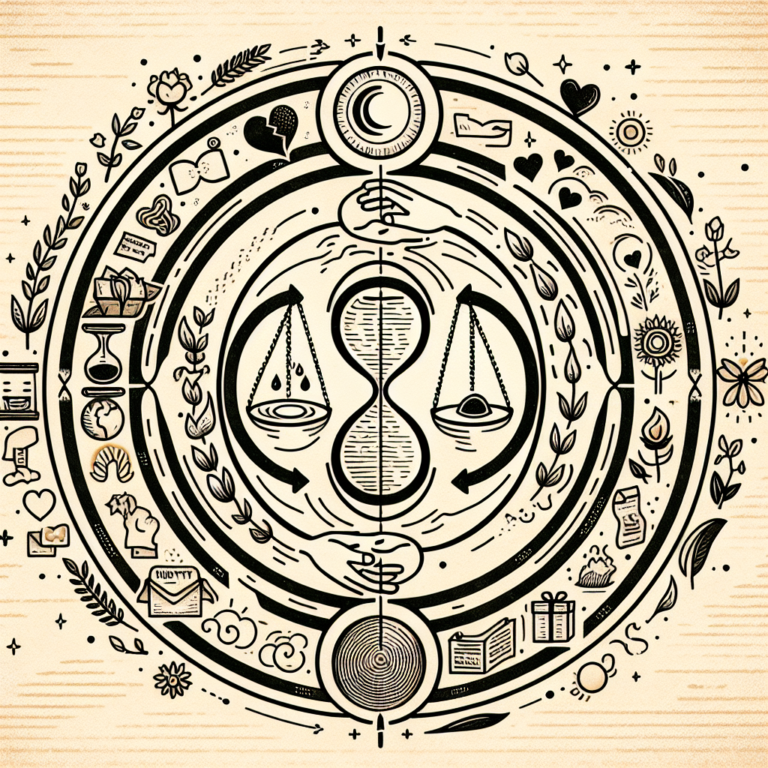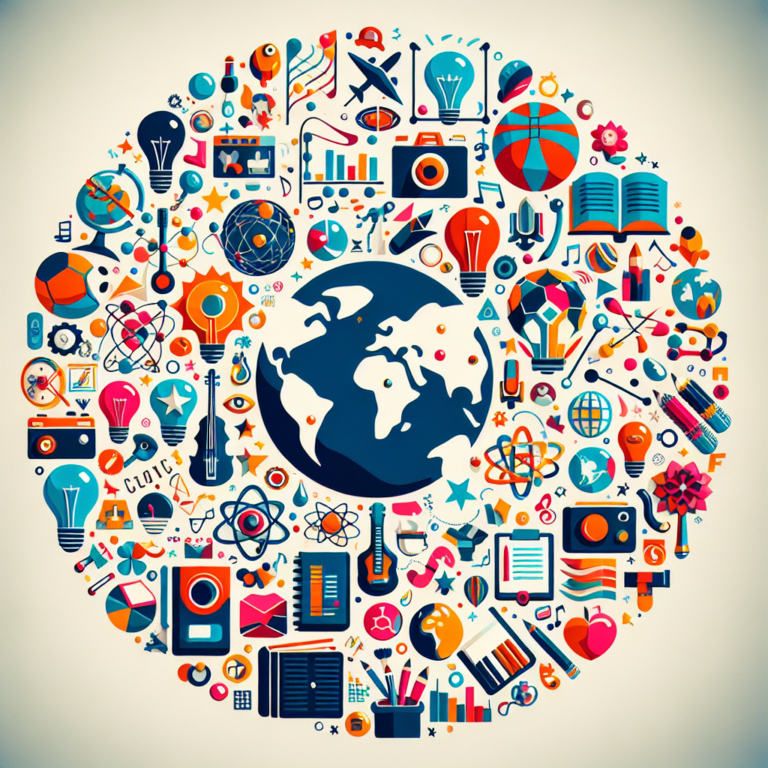The concept of karma, originating from ancient Indian philosophy, emphasizes the interconnectedness of our actions and their consequences. Often reduced to a simplistic idea of "what goes around comes around," karma encompasses much deeper philosophical and spiritual principles—particularly in its relationship with healing and forgiveness. This article explores how embracing karma can lead to profound healing through the transformative power of forgiveness.
Understanding Karma
Karma is a complex interweaving of intention, action, and result. According to traditional Eastern philosophies like Hinduism and Buddhism, karma is viewed as a moral law of cause and effect. Each action creates a corresponding reaction; positive actions lead to beneficial outcomes, while negative actions result in suffering. This perspective encourages conscious living and mindfulness, as every decision we make influences not only ourselves but also the world around us.
However, karma is not solely a punitive measure; it also offers a path to redemption. By recognizing the influence of past actions, individuals can cultivate self-awareness and strive to make better choices moving forward. This proactive approach propels us toward healing, particularly through the lens of forgiveness.
The Healing Power of Forgiveness
Forgiveness is often misunderstood, seen as compromising one’s values or condoning wrongful behavior. However, true forgiveness is an act of compassion, not just toward others but also toward oneself. It allows individuals to release the emotional burdens of anger, resentment, and pain, promoting psychological and spiritual healing.
When we forgive, we are not necessarily erasing the memory of the harm done, but liberating ourselves from its grasp. Research has shown that forgiving can lead to reduced anxiety, lower blood pressure, increased mental well-being, and improved relationships. Forgiveness is an essential step toward healing, fostering emotional resilience and creating a safe space for growth.
Karma and Forgiveness: A Symbiotic Relationship
In the framework of karma, forgiveness becomes a potent tool for not just personal healing but also spiritual evolution. When we forgive ourselves and others, we break the cycle of negative karma. It offers a chance to move beyond past grievances and to cease perpetuating cycles of negativity. This symbiotic relationship between karma and forgiveness serves as a means to address harm from both the past and the present.
When we cling to grudges and resentment, we reinforce negative karma—not only for ourselves but also for those we are angry with. Forgiveness, on the other hand, serves as a transformative act that can change our karma moving forward. It paves the way for compassion, understanding, and ultimately, love.
Steps to Embrace Forgiveness
Acknowledge Your Feelings: Recognize that your hurt, anger, and disappointment are valid emotions. Allow yourself to feel these emotions without judgment. Writing in a journal can be an effective way to process your thoughts.
Understand the Impact of Holding On: Consider how holding onto negativity affects your mental health and your relationships. Understanding the burden of unforgiveness can be a powerful motivator for change.
Empathy: Try to see the situation from the perspective of the person you feel wronged by. Understanding their actions or circumstances can facilitate compassion and makes forgiveness feel more attainable.
Let Go of Expectations: Forgiveness does not mean you have to reconcile with the person who hurt you. It’s about freeing yourself from the shackles of past grievances, irrespective of the other person’s actions or responses.
Practice Self-Forgiveness: Recognize that you, too, deserve compassion. Often, we are our harshest critics. Accept your past mistakes, learn from them, and allow yourself to heal.
Seek Support: Sometimes, the journey toward forgiveness is challenging. Talking to a trusted friend, joining a support group, or working with a counselor can provide guidance and encouragement.
- Commit to Forgiveness: Understand that forgiveness is a process, and commitment is crucial. Choose to engage in this process daily and celebrate each step forward, no matter how small.
The Ripple Effect of Forgiveness
Embracing forgiveness not only heals the individual but also sets off a ripple effect. When we mend our internal wounds, we become more resilient and compassionate toward others. Our actions inspire those around us and create a more compassionate environment.
In communities where forgiveness is actively practiced, relationships see improvements, conflicts become less frequent, and a collective understanding blooms. The power of forgiveness to heal not just personal grievances but social rifts is profound and should not be underestimated.
Karma as a Guiding Principle
Approaching life through the lens of karma encourages an ever-present awareness of our actions. This mindful approach instills a sense of responsibility and choice. By viewing forgiveness as a means to influence our karma actively, we take charge of our journeys. The realization that our choices can lead to healing ignites the spirit and encourages us to continuously evolve for the better.
Forgiveness can become a transformative act, removing obstacles to healing and growth. As we release negativity, we open doors to experiences that align with love, compassion, and positivity.
Conclusion
Karma’s embrace through forgiveness is a journey filled with challenges but offers substantial rewards. The intertwining of these two concepts illuminates a path to healing, understanding, and growth. This profound connection serves as an ongoing reminder that while we cannot change the past, we can influence the future. Choosing to forgive paves the way for personal evolution and enriches the broader human experience, creating a more compassionate world.
FAQs
Q1: What is karma?
A1: Karma is a spiritual principle of cause and effect, where one’s actions (good or bad) influence future outcomes. It promotes the understanding that our choices matter and that positive actions can lead to beneficial consequences.
Q2: Why is forgiveness important?
A2: Forgiveness is crucial for emotional and mental well-being. It helps release feelings of anger, resentment, and hurt, paving the way for healing and fostering healthier relationships. Forgiveness can reduce stress and improve overall mental health.
Q3: Can forgiveness be a one-time action?
A3: Forgiveness is often a process rather than a single event. It may take time and multiple reflections to fully let go of feelings of hurt and resentment, especially for deep-seated issues.
Q4: How can I start practicing forgiveness?
A4: Begin by acknowledging your feelings about the hurt you’ve experienced. Understand the impact of holding onto negativity, practice empathy toward those who hurt you, and commit to the process of letting go for your well-being.
Q5: Does forgiving someone mean I have to reconcile with them?
A5: No, forgiveness does not require reconciliation. It is possible to forgive someone while choosing not to maintain a relationship with them, especially if that relationship is toxic.
Q6: How does forgiveness affect my karma?
A6: Forgiveness can transform negative karma into positive karma. By forgiving, you break cycles of resentment and hurt, allowing for positive actions that can lead to a more favorable outcome in the future.
It looks like you might want to create or explore a prompt. Could you please provide more details or specify the type of prompt you’re interested in? For instance, are you looking for a writing prompt, a creative project idea, a discussion topic, or something else?, #Karmas #Embrace #Healing #Forgiveness, #Karmas #Embrace #Healing #Forgiveness, 1736635312, karmas-embrace-healing-through-forgiveness





